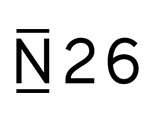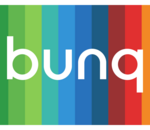These are less widespread than the banks but offer an increasing range of services and are open slightly longer hours, generally from 0930 to 1730 Mondays to Fridays (and in some cases also on Saturdays) and until 1900 or 2000 on at least one day per week.
The Educational Building Society (EBS) has 135 branches, the Irish Permanent Bank (technically a bank but offering limited banking services) 92 branches and the ICS Building Society (part of the Bank of Ireland group) just one, in Dublin (its other branches have become ‘mortgage stores’). Increasingly, building societies are offering banking services and they generally don’t make charges. However, you should check exactly what kind of account you can open, as some societies offer deposit accounts only, which means that you won’t be issued with a cheque book.
Credit Unions
Another kind of financial institution in Ireland is the credit union, a non-profit, community-based, co-operative organisation offering loans and savings facilities. Interest rates on loans tend to be quite low, while the rates on savings can be as high as those of a conventional bank. However, credit unions don’t offer long-term loans or mortgages.
Opening times vary, but all credit unions open on some evenings and some also open on Saturday mornings. There are 536 credit unions in Ireland and you should enquire locally for the names and addresses of your nearest branches. Further information on credit unions can be obtained from the Irish League of Credit Unions (Tel. 01-614 6700; www.creditunion.ie ).




